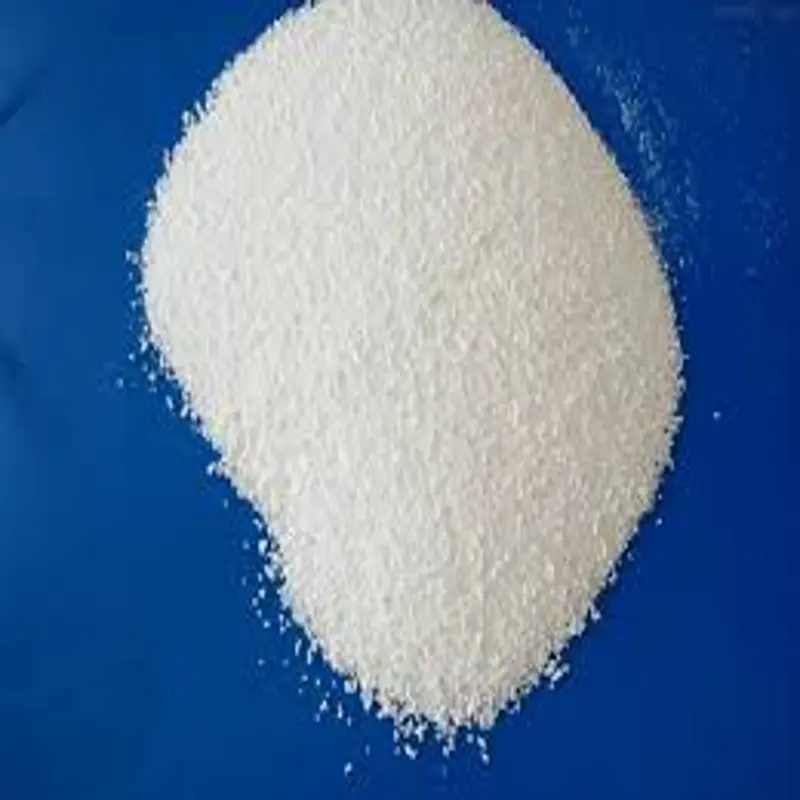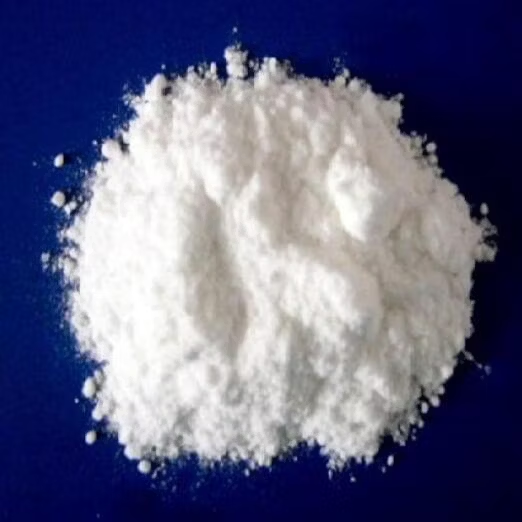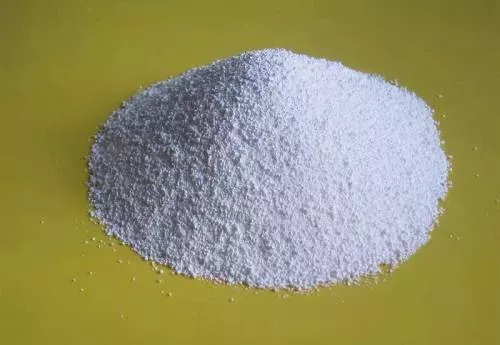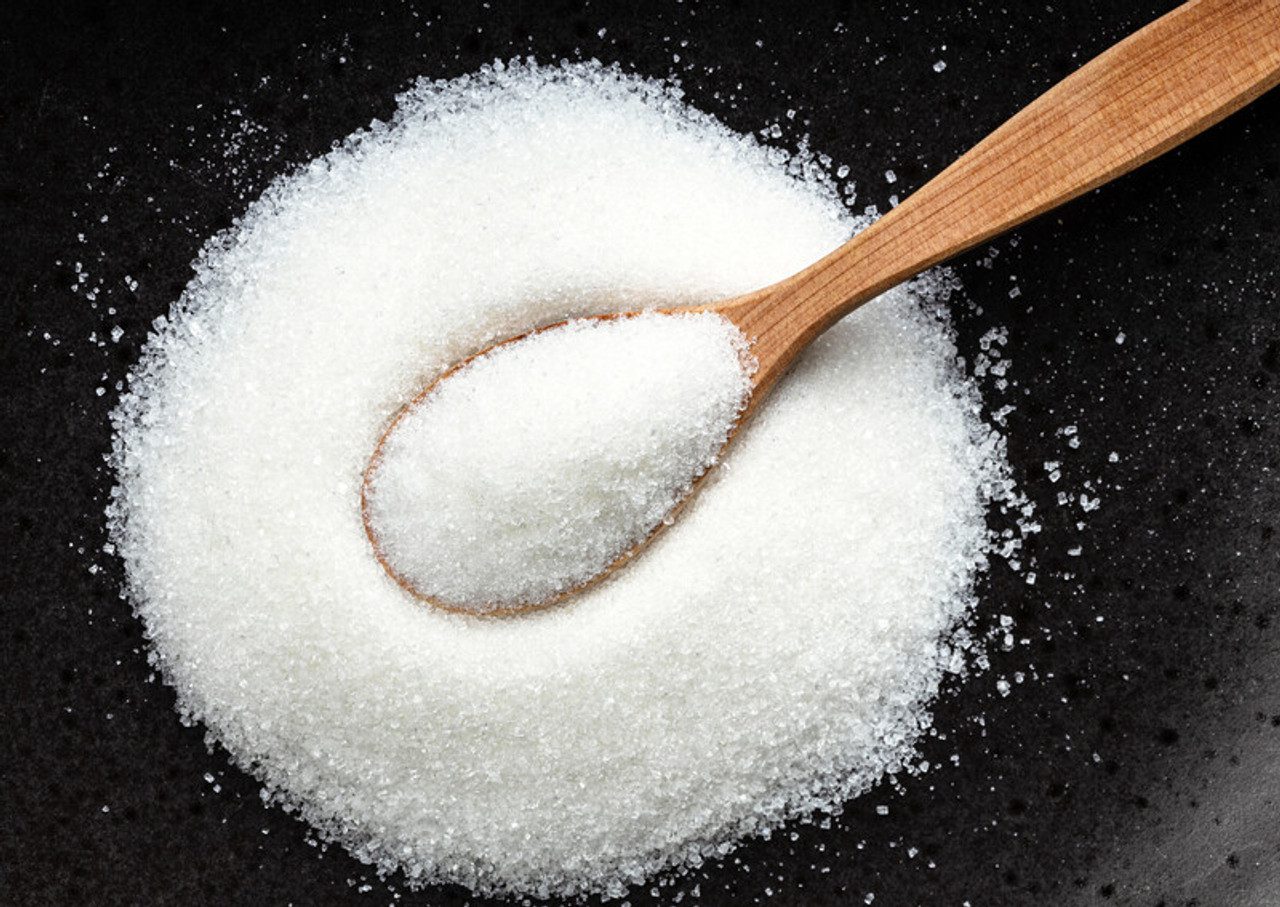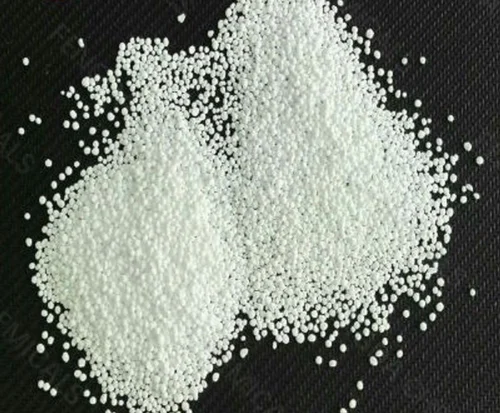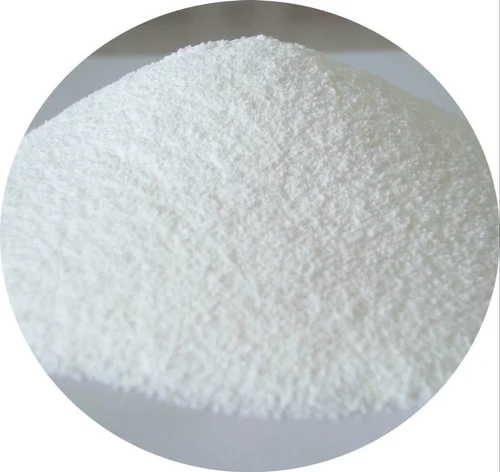Description
Potassium Carbonate (K₂CO₃): A Versatile Compound with Diverse Applications
Potassium carbonate, with the chemical formula K₂CO₃, is an inorganic salt used in a wide array of industrial and household applications. Also known as potash, it is a white, water-soluble powder that plays a crucial role in the production of various products, from fertilizers to food ingredients.
Chemical Properties and Production:
Potassium carbonate is a strong base, meaning it readily accepts protons in chemical reactions. It’s hygroscopic, which means it readily absorbs moisture from the air. When dissolved in water, it forms a weakly alkaline solution.
Historically, potassium carbonate was derived by leaching wood ashes and then evaporating the solution. This method gave rise to the name “potash” as it was extracted from pots containing ash. Today, however, it is primarily produced industrially through the electrolysis of potassium chloride solutions. This process generates potassium hydroxide which is then reacted with carbon dioxide to produce potassium carbonate.
Key Applications:
The versatility of potassium carbonate stems from its chemical properties and its relatively low cost, making it a valuable ingredient in numerous industries:
- Agriculture: As a key component in fertilizers, potassium carbonate provides essential potassium nutrients for plant growth and development. Potassium is vital for photosynthesis, water regulation, and overall plant health.
- Glass Manufacturing: Potassium carbonate is a crucial ingredient in the production of specialized glasses, particularly optical glass and TV picture tubes. It acts as a flux, lowering the melting point of silica and improving the clarity and brilliance of the glass.
- Soap and Detergent Industry: It is used in the production of soft soaps and liquid detergents. Its alkaline properties help in saponification, the process of converting fats and oils into soap.
- Food Industry: Potassium carbonate is employed as a food additive, often as a buffering agent, stabilizer, or raising agent. It’s used in the production of cocoa powder, wine, and other processed foods. It can also be used to neutralize acidity in certain foods.
- Textile Industry: It finds application in the textile industry for dyeing and printing fabrics. It can act as a mordant, helping dyes bond to the fabric.
- Chemical Industry: Potassium carbonate is a valuable reagent in various chemical reactions and processes. It serves as a source of potassium ions and carbonate ions and can be used as a drying agent for organic solvents.
- Fire Suppression: Due to its ability to absorb heat and release carbon dioxide, potassium carbonate is used in certain fire extinguishing systems, particularly for grease fires.
Safety Considerations:
While potassium carbonate is generally considered safe when handled properly, it’s important to exercise caution:
- Skin and Eye Irritation: Direct contact with potassium carbonate dust or solutions can cause irritation to the skin and eyes. Appropriate protective gear, such as gloves and eye protection, should be worn when handling the chemical.
- Ingestion: Ingestion of large amounts of potassium carbonate can cause gastrointestinal distress.
- Inhalation: Inhaling potassium carbonate dust can irritate the respiratory tract.
Conclusion:
Potassium carbonate is a widely used and highly versatile inorganic compound. From agriculture to glass manufacturing and food processing, its unique chemical properties make it an essential ingredient in countless applications. Understanding its properties, uses, and safety considerations is crucial for anyone working with this important chemical. While historically derived from wood ash, modern industrial production ensures a reliable supply of this valuable compound for a wide range of needs.

